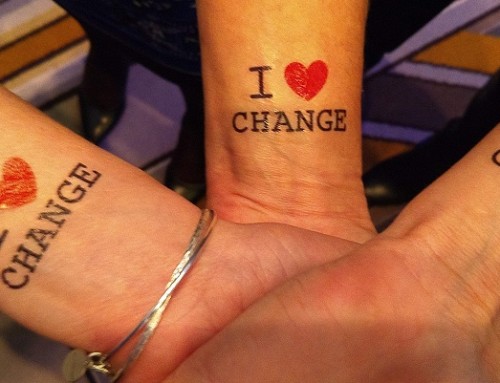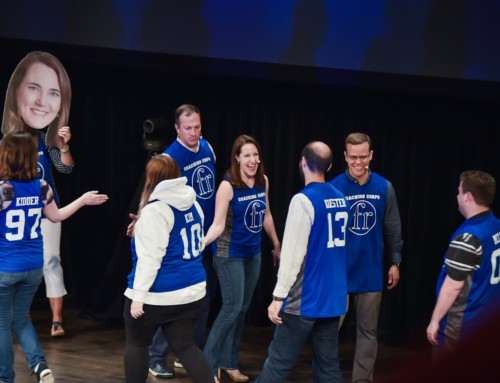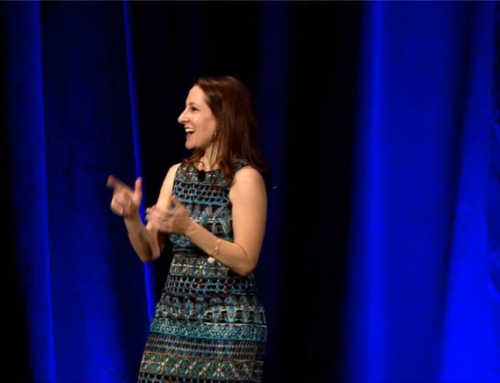“Have you  ever had a dream, Neo, that you were so sure was real? What if you were unable to wake from that dream? How would you know the difference between the dream world and the real world?” – Morpheus, The Matrix
ever had a dream, Neo, that you were so sure was real? What if you were unable to wake from that dream? How would you know the difference between the dream world and the real world?” – Morpheus, The Matrix
In the 1999 movie, The Matrix, people are unknowingly being controlled by computers. Their brains live in a dream world, created by a computer program. The characters have no idea they are living a life created by a computer program so their bodies can be used to power the computer world.
Like The Matrix, most of our lives are run by a “program.” Until we notice this, we give away our power. That program is story-telling.
We are surrounded by stories. You tell stories often – to others…to yourself. You may tell yourself some stories so often, you believe them. And those beliefs can hold you back…or they can empower you.
Stories Dominate Our Lives
Stories dominate our conversations and our thoughts. We constantly “think” in stories. We don’t even notice it. To make meaning out of what happens to us, we continuously interpret events and circumstances as stories.
When you woke up this morning, you probably told yourself a story about something that happened yesterday or something that may happen today.
If I ask you, “How was your weekend?”
You answer with a story.
“Tell me about your career, and how you got started.”
You answer with a story.
Sure, you may include some “facts” in your answers. “It was 82 degrees on Sunday.” “I started my first job on September 1, 1998.”
But most of what you say and think is not factual. Rather, you are interpreting facts and events.
“My weekend was a whole lot of fun.” “My career did not start off the way I intended.”
Our Stories Are Not Reality
Our interpretations are our stories. The facts or events happened.
Two people will experience the exact same event and interpret it differently. It’s what makes us unique. It’s what makes us human. And it’s those very interpretations that can powerfully affect our feelings and actions…and our future.
Neo could not wake up from the Matrix until he realized he was in it. Once he did that, he could choose to stay in the Matrix…or he could wake up and live in the real world.
Like Neo, we can choose to “wake up.” We can realize that the stories we tell ourselves and others are our interpretations – not reality.
You Can Choose Better Stories
Your stories control you, until you wake up and realize you are the storyteller. If you never realize this, you will continue to confuse your story (your interpretation) about an event with the actual event. And you will never realize that you can choose to interpret an event in a way that serves you best.
You are the author of your interpretations. You. Nobody else.
You can even re-write your stories.
You may tell many encouraging and motivating stories. You may create a story about a better future that could inspire your actions today! But if you tell a story that de-motivates you, that doesn’t make you happy, that doesn’t help you reach your goals, or that doesn’t help you enhance a relationship…you can re-write the story.
Your team missed a deadline on a project. What story will you choose to tell about that event?
“We missed the deadline because we are a poor excuse for a team. We miss every deadline. We have no chance of being the team we need to be.”
Based on that “story,” what kind of actions (or lack thereof) do you think will follow?
What if you told a different story?
“We missed the deadline because we failed to communicate effectively. We have more potential than we demonstrated. But we can do this next time, if we work together better.”
Based on that “story,” you may act from a more confident viewpoint. You empower possibilities for new actions.
Neither of those stories is right or wrong. There is now an opportunity for you to choose which interpretation will serve you better.
That is where your power lies – the power to choose. Your stories do not control you. You are the author. What stories will you choose today?
![]()
Think Different: Spend one day noticing the stories you tell about yourself and others. Notice how these stories affect your thoughts, emotions, and actions.






